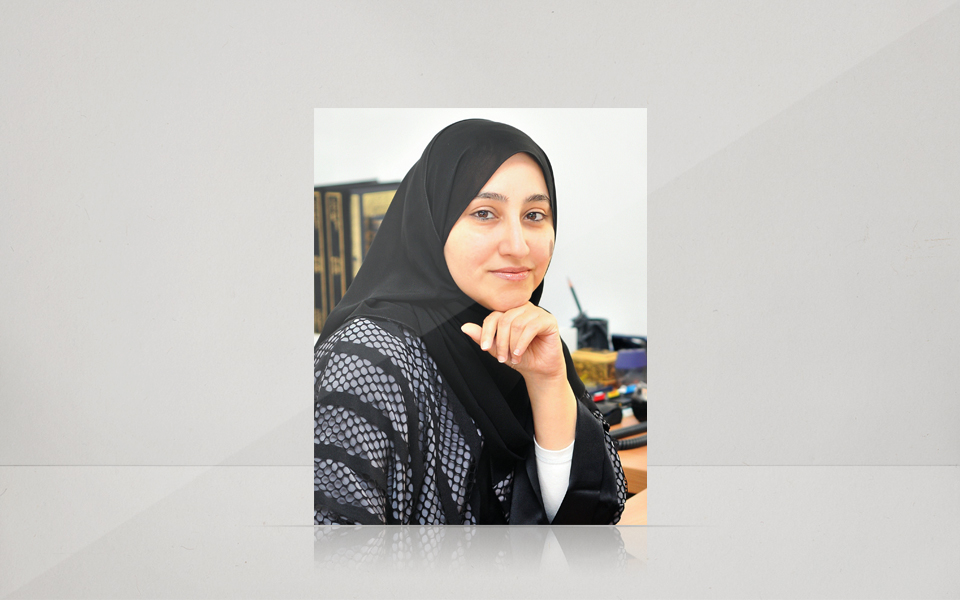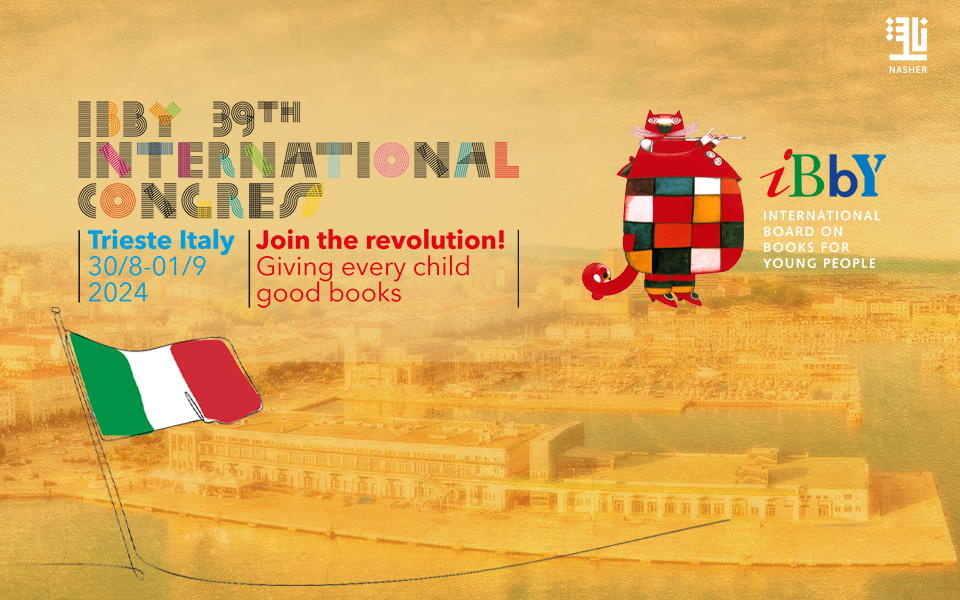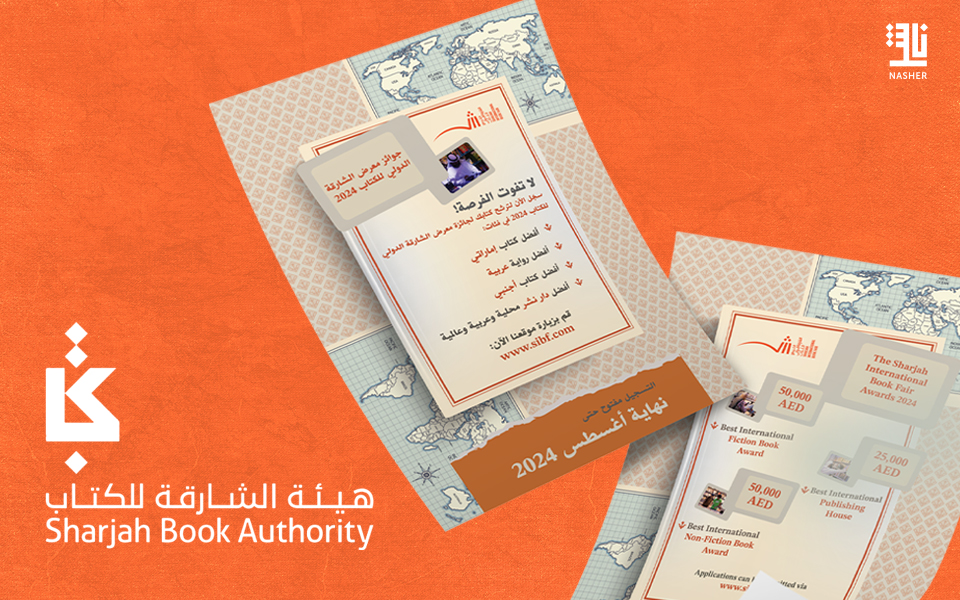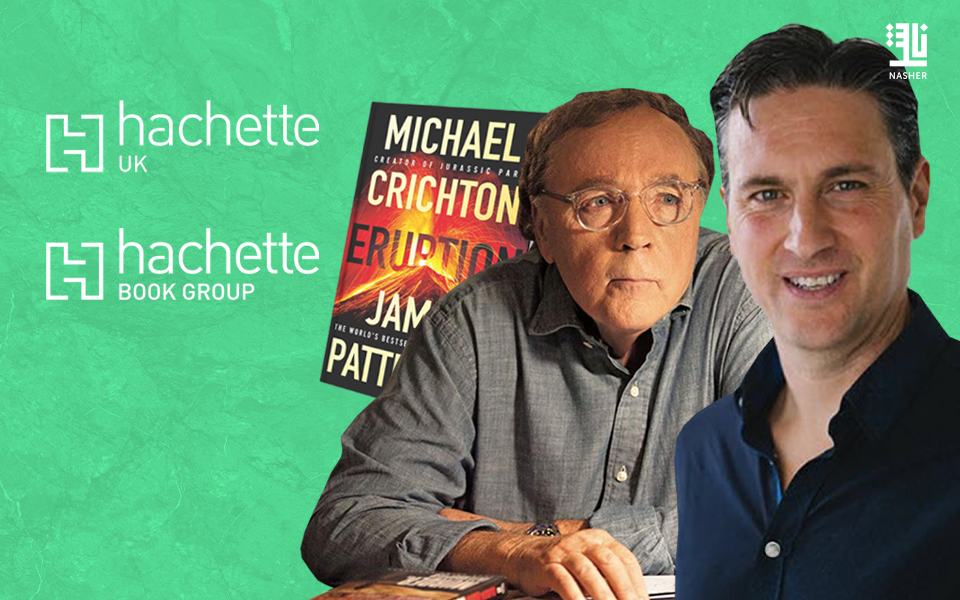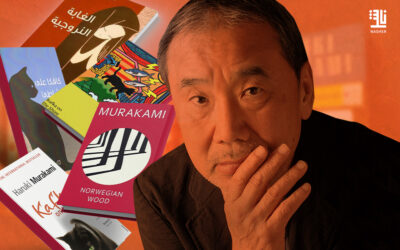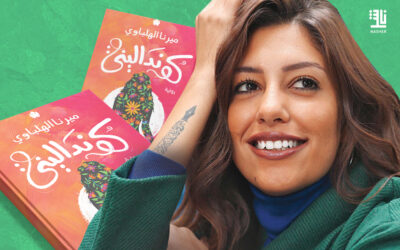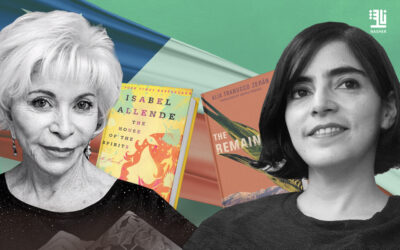By Noura Al Noman – Writer and publisher
My relationship with books started as a child more than 40 years ago. I remember those days when I used to visit my grandfather Ibrahim Mohammed Al Midfa. There was a huge library, full of old, heavy books stuffed on shelves that touched the ceiling. It was an amazing scene for a little girl, and I developed both a passion and ambition to read and understand their contents.
Out of curiosity, I chose some of the smaller books to read. Among them were ‘Majdolin’ by Mustafa Lutfi Al Manfaluti, ‘Spirits and Ghosts’, ‘Around the World in 200 Days’, ‘Those Who Came from the Sky’ and ‘Those Who Returned to the Sky’ all by Egyptian writer Anis Mansour. I don’t recall exactly how old I was but I also fell in love with pocket books about the five adventurers and became addicted to reading them with my friends at elementary school. They had a significant impact on me, and in early 1970s my friends and I formed a group of five girls finding adventures and solving mysteries of our own in school.
This passion for books continued throughout my childhood and beyond to when I was a university student and then after graduation, when as an English teacher I used to take a book to class.
I was often challenged about my obsession. “What’s the point?” and “Do you think you can change the world by reading?” These comments not only hurt, they isolated me and made me withdraw from society with only my books for company. For me, they were a source of hope, belief and positive thinking.
Earlier this year, The President His Highness Sheikh Khalifa Bin Zayed Al Nahyan declared 2016 a year of reading, because it is the “basic skill that nurtures a new generation of scientists, thinkers, researchers and innovators. Reading also expands minds and promotes tolerance, openness and communication. It helps to build a civilised society, free from extremism and separatism. This is why our primary goal is to establish the UAE as a global cultural capital. Through reading, we want to bring about sustainable change and empower future generations with cultural values.”
Reading depends on the availability of literature, whether that is on paper or e-books. Books do not suddenly appear – they are created with thought, love and passion.
There are fundamentals for the production of books, the first of which is the writer. Writers are born with a talent to nurture and polish through reading in order to meet their thirst for knowledge. At schools and universities, writers should be able to hone their skills and learn clear methods to provide them with the basic elements of writing. They should be able to study narrative techniques and character development, settings, plots and the rules of dialogue. However, when we look at our educational institutions, we find no courses in creative writing.
The second basic element is the editor – not for proofreading – but the literary editor. In the Western publishing industry, the literary editor plays a pivotal role in the success of the book. I once met a famous American writer – I had read 24 of his novels. When I told him my favorite title, he smiled and told me many of his readers agreed. He then added: “Do you know how many times the editor returned it because he didn’t like it? Five times. The publishing house didn’t publish it until the editor was satisfied”.
The literary editor’s role is to scrutinise all elements of the novel with a critical eye, to ensure its success. Again, the question has to be asked: Why is there not a single course on editing taught at our universities?
Third: The translator. If a book is published in another language, it needs to be translated accurately. Translation is not mere muscle flexing but a science and speciality. Not everyone who knows the source language and target language is able to translate a book for publishing. Translators will often agree that their essential work is often overlooked and underpaid by the publishing industry.
Professional translators have highly specialist and sought-after skills and expect to be paid accordingly. They believe that publishers are reluctant to pay and the work is given to those less qualified, leading to weak content that alienates Arab readers. Although there are higher education programmes to teach and train translators, these are mostly theoretical courses and practical training is severely lacking.
The fourth element is the publisher or the organisation that receives the drafts and selects the best texts before editing and proofreading. While these steps may be expensive, they are also essential.
Although the publishing industry must be based on the concept of a commercial enterprise, ultimately the books which nurture the minds and souls of future generations are in the hands of private businesses.
The fifth element is the distributer. In the Arab world, the publishing industry suffers from poor distribution, as Arabic language books can be available in some countries, but are not in others. On the other hand, foreign language books, especially English, are readily accessible and can easily be ordered online.
When distribution costs rise, booksellers naturally pass on the extra costs to the consumer. It is imperative that books be sold at reasonable prices to maintain a passion for reading. There are 22 Arab countries with airline networks – is there a way to make the best use of this network to ensure books are available in every Arab country?
Information about the phases of a book’s publication are important for us to know. Reading can be promoted by a collective effort. This cannot be done by one person, a group or an institution, it is a culture that must be instilled and firmly established in every aspect to support the life cycle of a book.

